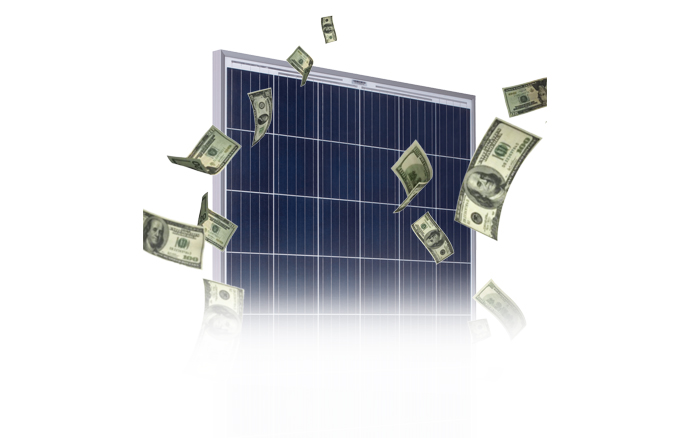The cost of solar panels can vary based on several factors, and understanding these factors can help individuals or businesses make informed decisions when considering a solar panel installation.
- Material and Technology: The type of materials used in the manufacturing of solar panels and the technology involved can significantly influence the price. Advanced technologies and high-quality materials often lead to more efficient and durable panels, but they can also come at a higher cost.
- Efficiency and Power Output: Solar panels with higher efficiency rates and greater power output tend to be more expensive. Higher efficiency panels can generate more electricity within a given area, which can be beneficial for installations with limited space.
- Brand and Manufacturer: Reputable brands and manufacturers with a history of producing high-quality and reliable solar panels often come with a premium price tag. However, opting for a trusted brand can provide assurance of better performance and durability.
- Installation Complexity: The complexity of the solar panel installation, including factors such as roof type, mounting equipment, wiring, and other additional components, can impact the overall cost. Installations that require additional labor or specialized equipment may incur higher installation costs.
- Government Incentives and Policies: Government incentives, tax credits, and subsidies aimed at promoting renewable energy adoption can significantly reduce the overall cost of installing solar panels. These incentives vary by location and can influence the final price of solar panel installations.
- Economies of Scale: Bulk purchases of solar panels can lead to cost savings, as manufacturers may offer discounts for large orders. This makes larger-scale solar projects relatively more cost-effective compared to smaller installations.
- Market Demand and Supply: Fluctuations in market demand and supply, influenced by factors such as global economic conditions, technological advancements, and the overall growth of the solar industry, can affect the prices of solar panels.
- Warranty and Service: Solar panels with longer warranties and comprehensive service agreements may have higher upfront costs but can provide better long-term value and peace of mind for the consumer.
- Installation Location: Installation costs can vary based on the geographical location, terrain, local regulations, and permitting requirements. Factors such as labor costs and the availability of skilled installers can also impact the overall installation cost.
Considering these factors, it’s important for individuals or businesses planning to install solar panels to conduct thorough research, compare quotes from multiple providers, and consider long-term savings and benefits to make an informed decision that aligns with their budget and energy needs.


